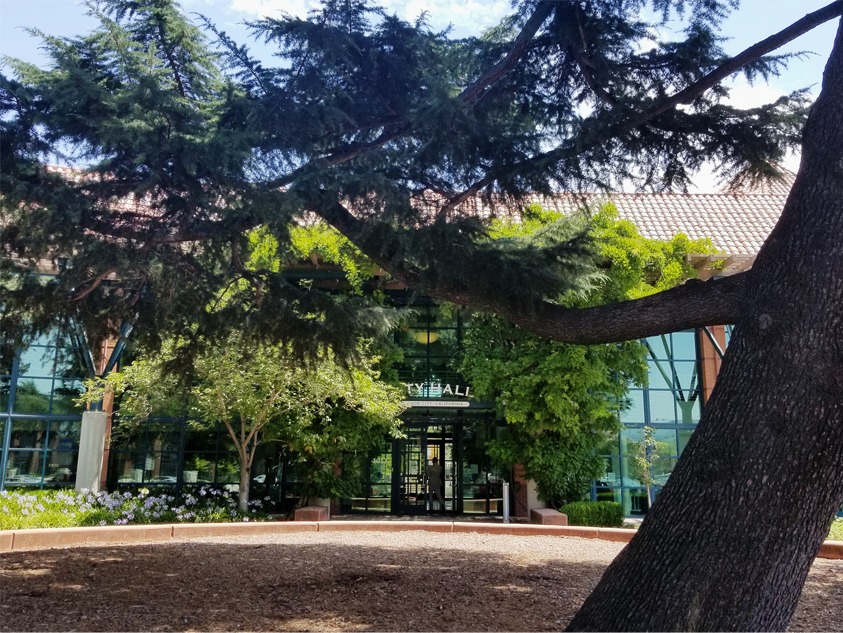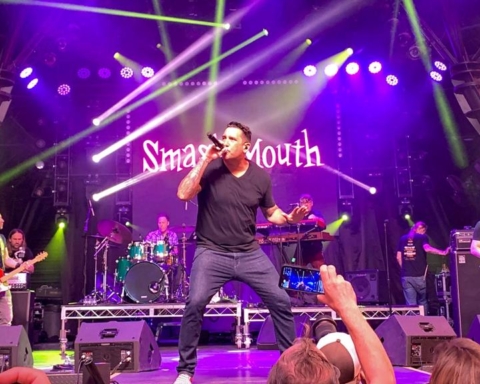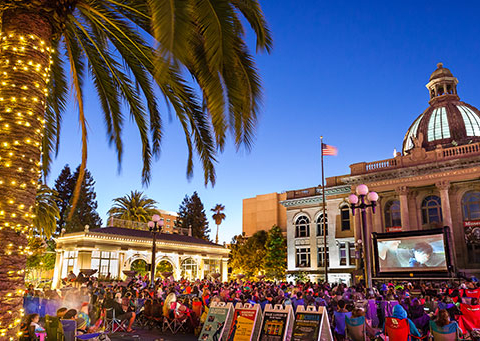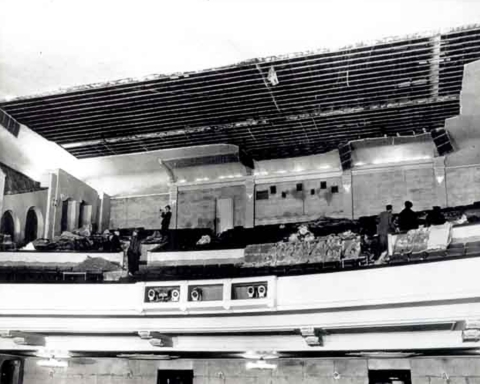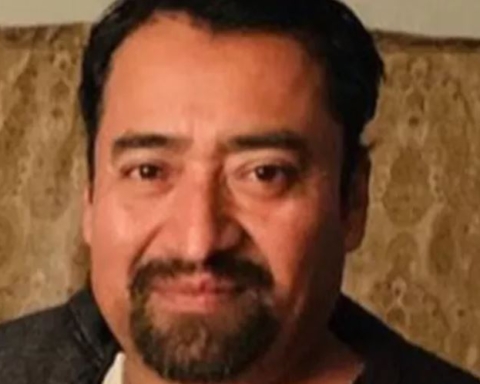With only 10 days left in which candidates can file to run for office, the November election already is shaping up as one of the most extraordinary in recent memory.
All 20 cities in San Mateo County have moved to even-year elections and 18 of them will hold city council elections this year. How many of them will be contested remains to be seen and often depends on whether there are incumbents seeking re-election.
But there are indications already that some of them will be very active races, including San Carlos, where there are three seats open and no incumbents. Electing an entirely new council majority in one cycle is so rare it borders on weird, but that’s exactly what will happen in the City of Good Living.
Expect contested races also in Menlo Park, where they are going to election-by-district for the first time, and in South San Francisco, where incumbent Liza Normandy announced she will not run again, as reported in Political Climate.
The San Mateo County Community College District went to district elections this year, and two incumbents, Rich Holober and Tom Mohr, are running against each other. As reported in Political Climate, Holober moved into the same district as Mohr, touching off this unusual incumbent-incumbent election.
Very few people pay any attention to the San Mateo County Harbor District, but a long-time Peninsula political figure, former Brisbane City Councilwoman Sepi Richardson, is running for a seat on the Harbor Commission, launching (sorry) a bit of a political comeback. By the way, Richardson also is getting married to Christopher J. Wood on August 8 at the San Francisco City Hall rotunda with former Mayor Willie Brown officiating.
Council races aside, six cities have some kind of revenue measure on the ballot, reflecting a belief among political experts that a November brings out a more liberal, Democratic and, therefore, generous, electorate.
Colma is proposing a new hotel tax and Belmont, San Carlos and South San Francisco want to increase theirs.
Four cities – Half Moon Bay, San Carlos (The City of Really Good Living), Redwood City and South San Francisco are proposing ways to wring money out of the marijuana industry. In Half Moon Bay, they’re proposing to license marijuana nurseries at existing greenhouses. San Carlos is proposing an excise tax, Redwood City a business tax and South City a business license tax.
And let’s not overlook the countywide transportation half-cent sales tax measure.
There could be more, as cities try to strike while the economy’s hot.
THE BIG ONE: The biggest race is going to be in Redwood City, where seven candidates are running for three seats and there’s only one incumbent, Diane Howard.
Redwood City is getting this level of attention not just because so many people are running in one of the county’s biggest cities.
The RWC election will be a measure of public sentiment toward the changes that have occurred there in the past 10 years, changes that raise issues at hand in every other city: housing costs, transportation, the growing presence of the tech industry and a changing community that is transitioning demographically and from suburban to urban.
The public discourse in Redwood City tends to be dominated by those who are most unhappy with how the community has changed, but a big noise can be deceiving.
In preparing the two ballot measures, the city commissioned polls in March and June of likely November voters, and they showed both the sales tax and a marijuana tax passing: 62 percent said they support the half-cent sales tax, 59 percent support the cannabis tax. Both measures need only a simple majority to pass.
But the poll also showed a high level of satisfaction among voters with the way things are going in Redwood City.
Asked if the city is going in the right or wrong direction, 54 percent said the city is right on track; 69 percent said they thought the overall quality of city services was excellent or good; 59 percent said they thought city staff does an excellent or good job managing the city budget.
That would fly in the face of the dominating rhetoric from the city’s critics.
And once again, it points out how much this November election is a venture into the unknown. Combining the local election with the statewide general election means that no one knows who will show up at the polls in these local city races, or how many of them will stick around long enough to vote on the races at the bottom of the ballot.
JASON’S QUEST: It’s not quite seeking the Golden Fleece, but Jason Galisatus did enter the Redwood City Council race today, taking out papers amid a dozen friends and supporters, including parents Cindy and Mike Galisatus, and partner Chris Sturken.
Galisatus thought about running, decided not to, and changed his mind after incumbent Jeff Gee decided not to seek reelection.
A Redwood City native and active in a range of civic organizations, Galisatus told Political Climate he was running “because I felt that what Redwood City needs right now are people who can plan effectively for our future while respecting what has made Redwood City such a good place for my sisters and me to grow up.”
Contact Mark Simon at mark.simon24@yahoo.com.
*The opinions expressed in this column are the author’s own and do not necessarily reflect the views of Climate Online.

